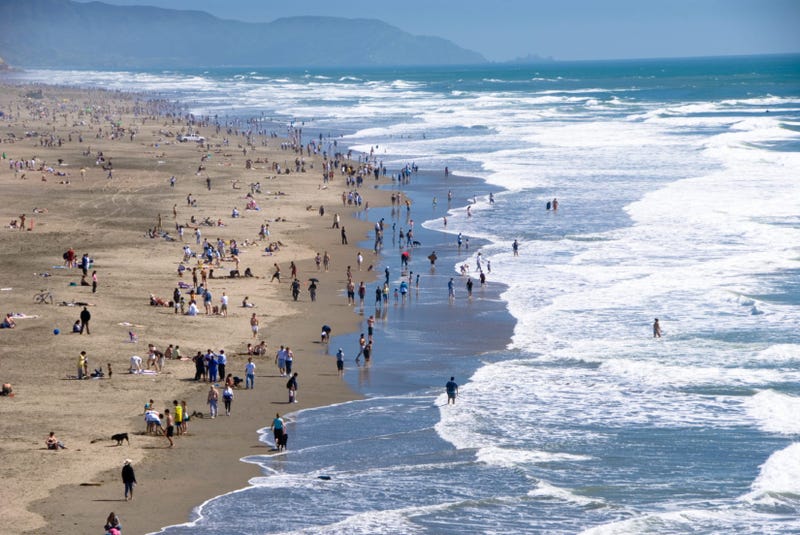
California’s seawater is turning acidic twice as fast as the rest of the world’s oceans, threatening the state’s fisheries and demonstrating the alarming rate of climate change.
That is the finding of a new report by the National Oceanic and Atmospheric Administration, which says the ocean has absorbed more than 70% of the world’s CO2 emissions since the Industrial Revolution.
“The ocean is really the heavyweight in the system, it is where most of the heat goes,” oceanographer Lynne Tally told CBS News.
But experts say even the ocean has its limits. As the oceans absorb carbon dioxide, seawater undergoes chemical reactions that increase the water’s acidity, causing devastating impacts around the globe.
Coral reefs are dying, oysters and clams are struggling to build their shells and harmful algal blooms — which have delayed the start of California’s crab season in recent years — are getting increasingly toxic.
Scientists say the report is the latest indicator that the West Coast will face some of the earliest and most severe changes in ocean chemistry.
But the good news is scientists at a recent meeting of the American Geophysical Union in San Francisco announced they have a possible solution.
Their idea is to dump tons of green volcanic stone called olivine, also known as the gemstone peridot, onto beaches. Waves will grind down the pebbles and trigger a chemical reaction that breaks down carbon dioxide in seawater, effectively reversing acidification.
San Francisco-based futurist Eric Matzner founded Project Vesta this year, which aims to do just that.
The group says a ton of olivine can remove 1.25 tons of carbon dioxide from the ocean.
It may sound far-fetched, but the group says this method will speed up a natural process where CO2 released by volcanic activity is offset by the weathering of volcanic rock. Project Versa is fundraising for a pilot project to determine the most efficient process and measure the amount of carbon dioxide it can offset.
“Changing the conversation from, ‘ok let’s cut our emissions’ to ‘let’s cut our emissions but stop just waiting, let’s start taking them out,’” Matzner told the Carbon Renewal podcast. “Let’s attack this equation from the other side.”
